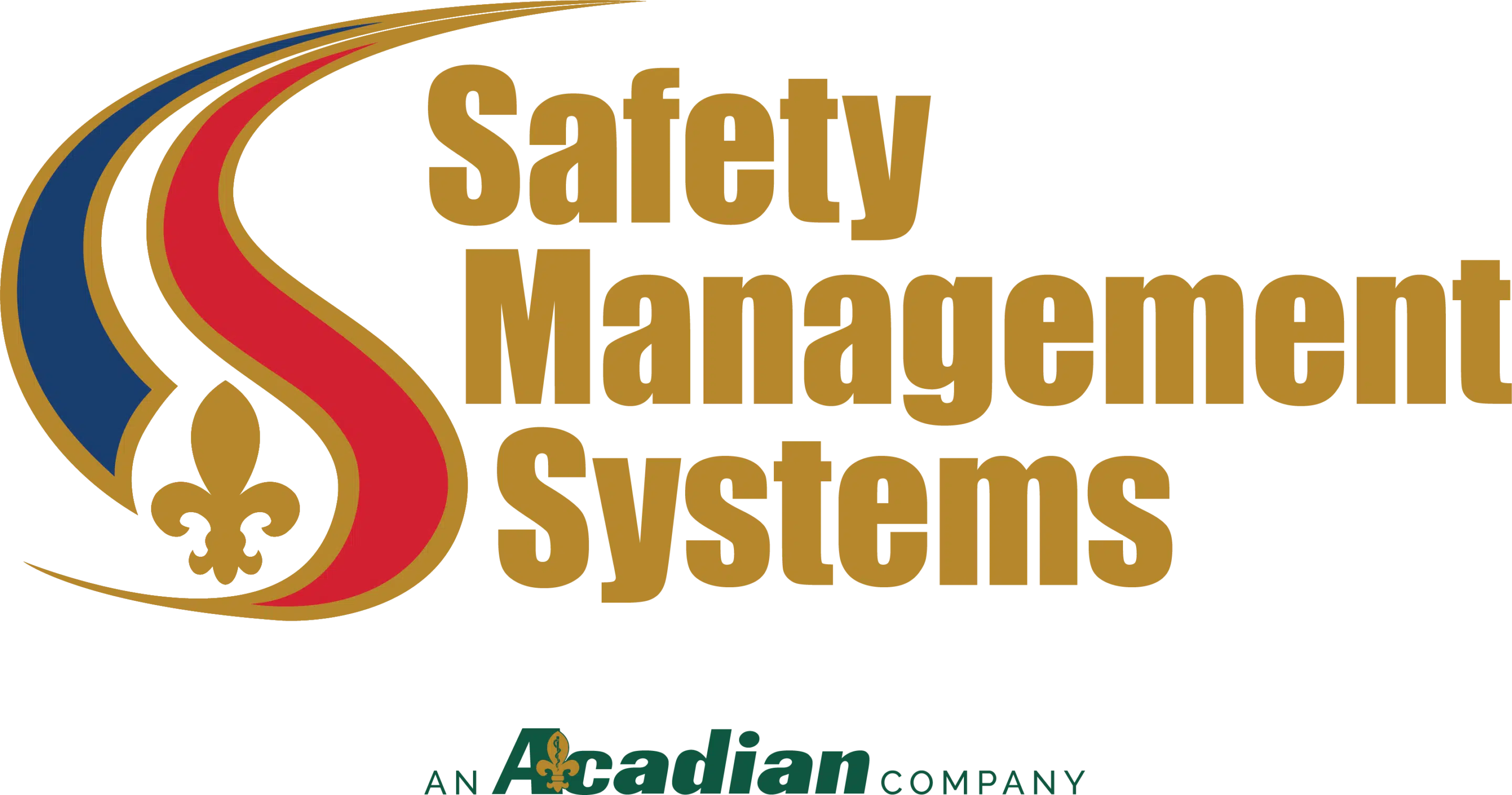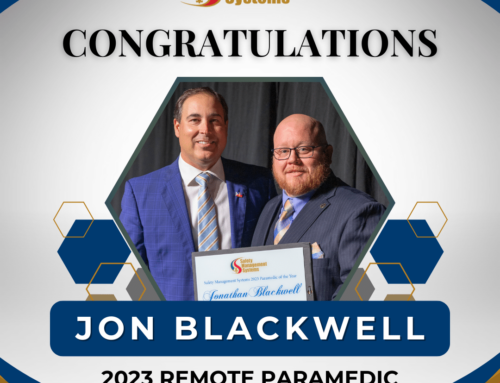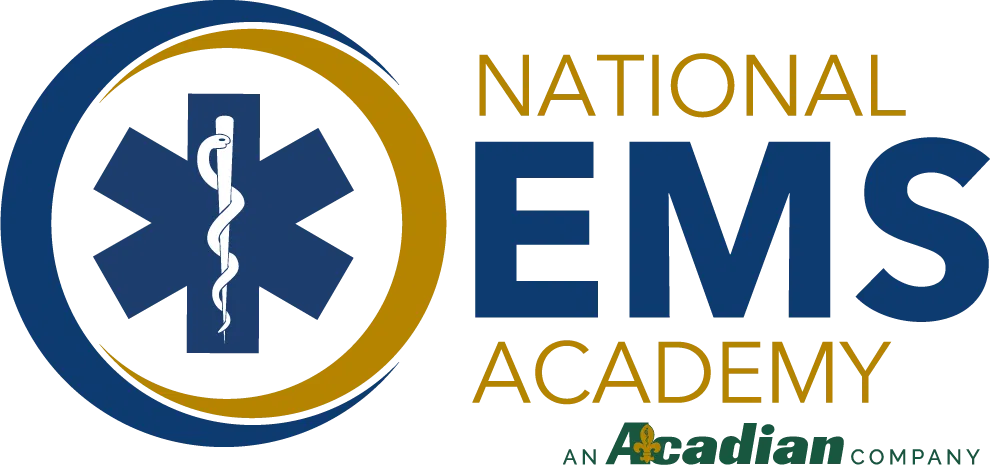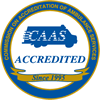Many remote workers have high incidents of risk factors associated with heart disease, such as hypertension, smoking, elevated lipids, diabetes, family history of heart attack or stroke, and obesity, and have fewer resources available on the job to help them combat the risk. Being offshore often means limited availability to healthier food choices and greater chance of overindulging.

Why are remote workers at a higher risk? If you have an acute cardiovascular event offshore, you cannot call 911 and be transported to a hospital in 20–30 minutes. The average time for a helicopter medical evacuation (medevac) transport to a definitive care hospital is four hours. The most common reason for a medevac is chest pain, and more than 45% of all emergent medical evacuations are potentially due to cardiovascular diseases.
You conducted a study starting in 2008 that looked at medical evacuations in the Gulf of Mexico and the reasons for transport. What can you tell us about offshore heart disease cases from that study? The study looked at medical evacuations from the Gulf of Mexico between 2008 and 2012. I also have follow-up medevac data from 2013–present as it relates to cardiovascular diseases in offshore workers.
Read more about Dr. Thibodeaux’s study here.
The study found that between 2008 and 2012, 104 patients had chest pains. Of those, 52% were smokers and 59% had hypertension. There were nine cardiac arrest incidents that resulted in death. Between 2013 and present day, 93 patients had chest pains. Of those, 28% were smokers and 54% had hypertension. There have been 11 cardiac arrest incidents resulting in death.
What else would you like to add about addressing heart disease at a remote work site? From our study, we’ve been able to tell that offshore workers are 10 times more likely to die from cardiovascular diseases than from trauma-related causes. Companies should address the real risk to their employees, and workers should be screened for cardiovascular risk factors.
Programs should be offered to employees, including smoking cessation, weight loss, healthy eating habits and having healthy food choices offshore, and screening for hypertension, cholesterol and diabetes. Recommendations should also be made on exercise and lifestyle changes.
One major company currently provides yearly fitness-to-work and cardiac risk factor screening to their employees in the GOM. A Framingham Risk Score assessment is used to help employees address their cardiac risk factors and is a 10-year measurement to determine the risk of developing a heart attack, stroke or death from cardiovascular diseases. The score is calculated based upon the patient’s age, gender, total cholesterol, HDL-C, LDL-C, blood pressure and a history of diabetes.
